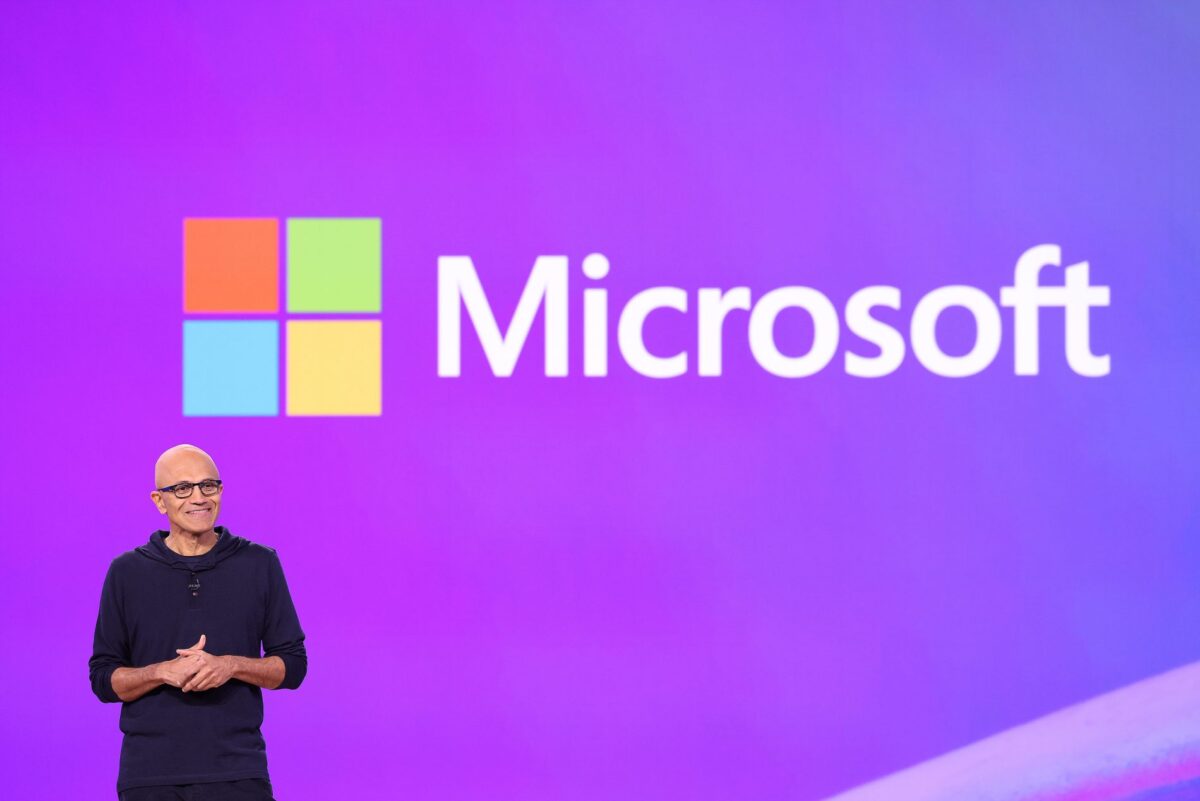How Microsoft Is Deploying OpenAI’s Tech in Travel

Skift Take
Microsoft has invested billions of dollars into OpenAI, making it part owner and giving it early access to the generative AI technology.
That tech, which powers ChatGPT, has been the basis for Microsoft AI initiatives with travel companies like Amadeus.
Shane O’Flaherty, Microsoft's global director of travel, transportation, and hospitality, will be on stage next week at the Skift Data+AI Summit in New York City discussing Microsoft’s recent collaborations with travel companies.
(See more details here about what to expect at the event.)
OpenAI earlier this month released its latest AI model, GPT-4o. And Microsoft said last week that the model is now generally available through its software building platform, Azure.
Microsoft CEO Satya Nadella showed during a conference last week how a company could deploy a virtual agent, using GPT-4o, that customers can interact with via voice and video. In the example: A customer tells the virtual agent about an upcoming trip and holds up his

